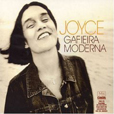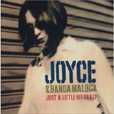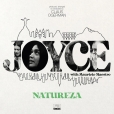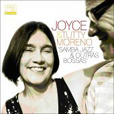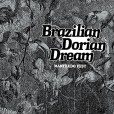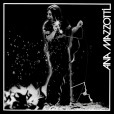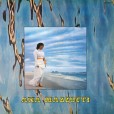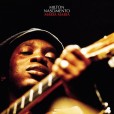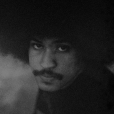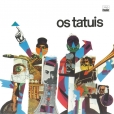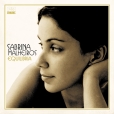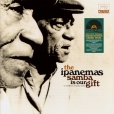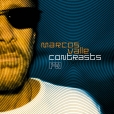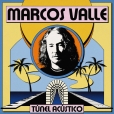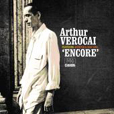Your basket is empty

The first time out for this buried treasure recorded in 1977 at Columbia Studios in New York with Claus Ogerman.
Featuring fellow Brazilians Mauricio Maestro, Nana Vasconcelos and Tutty Moreno, and in-demand statesiders including Michael Brecker, Joe Farrell and Buster Williams, it kicks off with a sensational eleven-minute version of her anthemic Feminina. Check out Descompassadamente, too. Lovely stuff.
Music for a ballet telling the life of of a daughter of a black slave, recorded in 1974 by the likes of Nana Vasconcelos, Joao Donato, Paulinho Jobim, and members of Som Imaginario; and containing the definitive versions of some of MN’s most iconic songs, including Os Escravos De Jó and Maria Maria.
‘Sheer beauty’ (The Guardian). ‘You don’t need to understand a word to realise that this is awesome music’ (Time Out).
José Roberto Bertrami from Azymuth (and Tatuí, a small city in the Brazilian state of São Paulo) — not to mention his work for Elis Regina, George Duke, Sarah Vaughn, Jorge Ben, Eddie Palmieri, Milton Nascimento, Flora Purim, and Erasmo Carlos, among countless others — playing piano alongside his bro Claudio on double bass, a horn section, and an organist. With compositions by Antonio Carlos Jobim, Roberto Menescal, Carlos Lyra, Durval Ferreira, and Adilson Godoy, the album also features Bertrami’s own A Bossa Do Zé Roberto, mesmerising bossa jazz which ensconces him amongst the bossa greats, even at the age of nineteen.
Her classic, debut album from 2005; now out on vinyl for the first time.
A precociously masterful collection of sambas and bossas, featuring some of Brazil’s very best musicians, including Azymuth crew.
Besides all-new recordings, this features two fond souvenirs from Valle’s late-seventies sojourn in California, out of reach of the military dictatorship at home: Feels So Good, a precious two-step collaboration with Leon Ware, initiated in 1979 but unfinished till now; and a fresh version of Life Is What It Is, sunny AOR disco originally written for the Chicago 13 album, now with upped tempo and a deeper groove.
The rhythm section is Alex Malheiros and Renato Massa, from Azymuth, and percussionist Ian Moreira.
